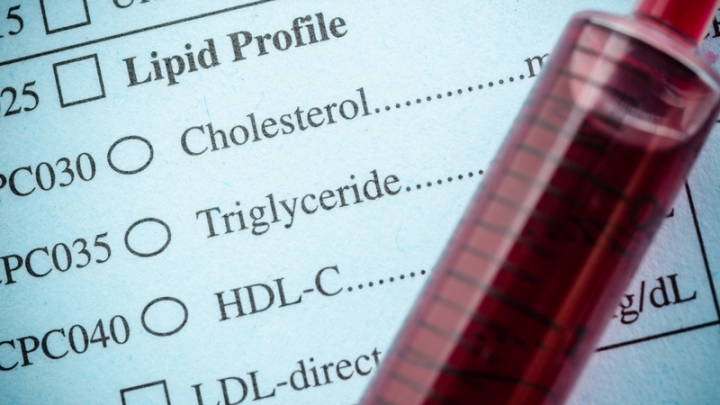(RxWiki News) The US Food and Drug Administration (FDA) has approved a new medication to lower the risk of cardiovascular events like heart attack and stroke.
This newly approved medication is Vascepa (icosapent ethyl). Initially approved in 2012 to lower very high triglyceride levels, this drug now has a new approved use.
Icosapent ethyl is the first approved medication to be used with a statin (at the highest dose tolerated) to lower the risk of cardiovascular (heart) events in adults with high triglyceride levels.
Triglycerides are a type of fat in the blood. They are considered "high" at 150 milligrams per deciliter and higher. High levels of triglycerides can increase your risk of a heart attack or stroke because they can lead to hardened arteries.
Vascepa received approval to reduce the risk of heart attack, stroke and certain heart issues that require admission to a hospital. This medication is approved to lower the risk of these events in adults with confirmed heart disease or diabetes and two or more additional risk factors for heart disease.
“Today’s approval will give patients with elevated triglycerides and other important risk factors, including heart disease, stroke and diabetes, an adjunctive treatment option that can help decrease their risk of cardiovascular events,” said Dr. John Sharretts, acting deputy director of the FDA's Division of Metabolism and Endocrinology Products, in a press release.
The active ingredient of this new approval is the omega-3 fatty acid called eicosapentaenoic acid, which is derived from fish oil. However, the manufacturer said Vascepa differs from similar fish oil-based products.
This medication is available in capsule form and is taken twice daily with food. Common side effects may include muscle and joint pain, as well as swelling of the legs and hands.
In clinical trials, this medication appeared to raise the risk for atrial fibrillation (AFib) that led to hospitalization. The occurrence of AFib was higher in those with a history of AFib or atrial flutter, however. AFib is a type of irregular heartbeat.
For those who are allergic to fish or shellfish, this drug may pose a risk of allergic reactions.
The approval of this medication was granted to Amarin Pharma Inc.
Written by Anyssa Garza, PharmD, BCMAS







